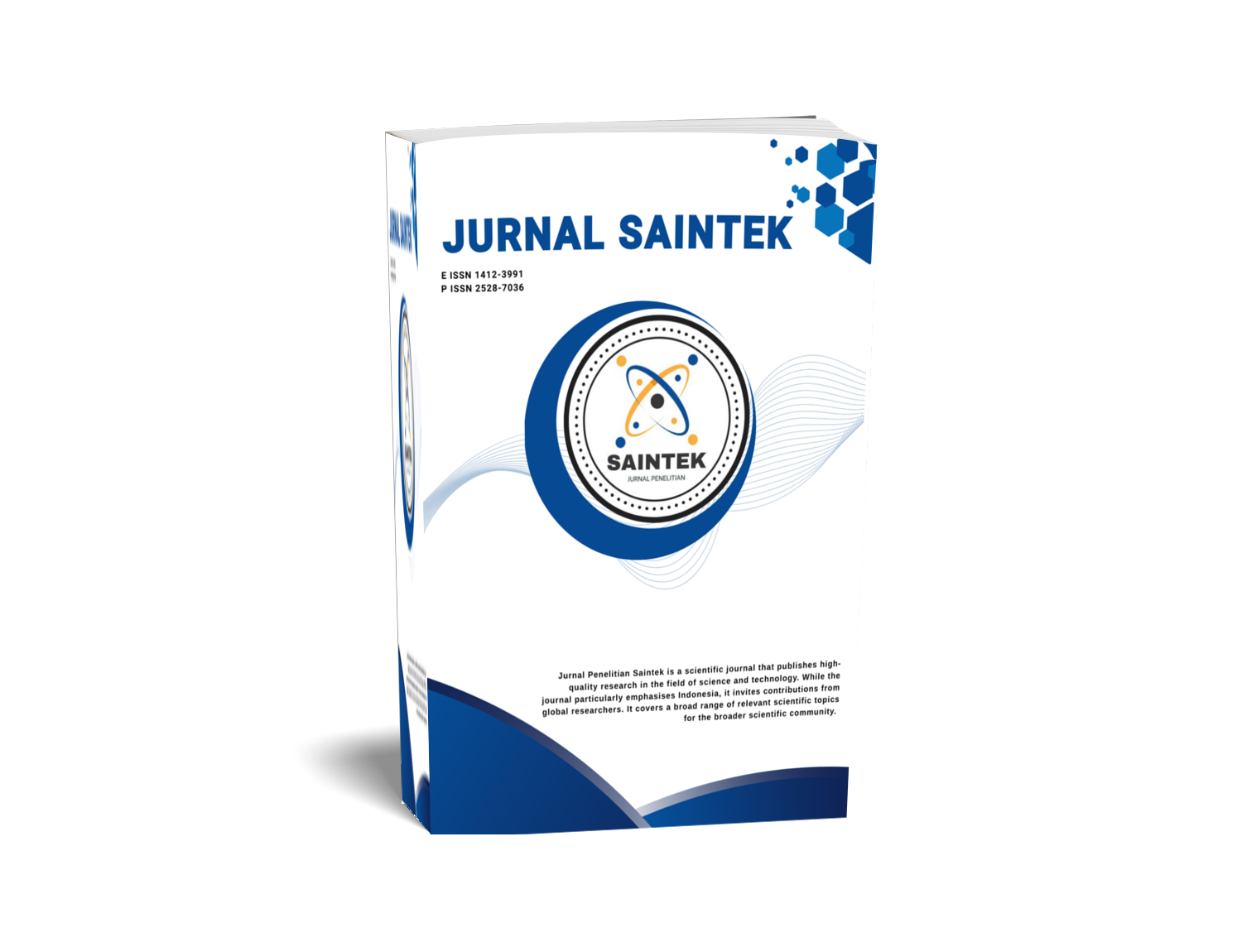DETERMINATION OF AMERICAN TYPE STOCK OPTION PRICE WITH DISTRIBUTION DEVIDEN USING FINITE ELEMENT METHOD
DOI:
https://doi.org/10.21831/jps.v18i2.2141Keywords:
pricing options, Black-Scholes, FEMAbstract
Changes in stock price, either when the stock price increases or decreases, can be exploited for profit. One of the investment instruments that can be used to take advantage of the stock price change is a stock option. In addition, stock options can also be used to minimize the amount of losses that may be suffered by investors. One of the keys to take advantage of the stock options is the precision determination of the type of stock option exercise price. Black-Scholes model is a model that has been widely used as an approach to solve the problem of determining the exercise transaction costs, risk-free interest rates, and changes in stock prices follow a random pattern. Meanwhile, most of the stock options are traded in fact pay dividends. Because the most heavily traded stock options is stock options American type, then the purpose of this study was to determine the Black-Scholes option pricing American type stock with the dividend model using finite element method. At case one year expiration date, execution price $10, risk-free interest rate 10%, paid dividend proportion 5%, stock price volatility 0,32, call option price at market $1,5 and put option price at market $6 then the result shows that call option price is $1,8 and put option price is $5,3. Because call option price is cheaper then investor better buy the option while for put option price, because it's more expensive then investor better not buy the option. price of stock options. The assumption of this model is not giving the stock dividend, no transaction costs, risk-free interest rates, and changes in stock prices follow a random pattern. Meanwhile, most of the stock options are traded in fact pay dividends. Because the most heavily traded stock options is stock options American type, then the purpose of this study was to determine the Black-Scholes option pricing American type stock with the dividend model using finite element method. At case one year expiration date, execution price $10, risk-free interest rate 10%, paid dividend proportion 5%, stock price volatility 0,32, call option price at market $1,5 and put option price at market $6 then the result shows that call option price is $1,8 and put option price is $5,3. Because call option price is cheaper then investor better buy the option
References
Black, F dan Scholes, M. 1973. The pricing of option dan corporate liabilities. The Journal of Political Economy Vol. 81, no 3. JSTOR
Hull, John. 2006. Option, futures, and other derivative securities. New Jersey: Prentice Hall.
Husnan, Suad. 2001. Dasar-dasar teori portofolio dan analisis sekuritas. Yogyakarta: AMPYKPN.
Kang, S.K, dan T. Kwon, Y. 2008. Finite element methods for the price and the free boundary of American call and put option. J.KSIAM Vol 12, No.4.
Kiusalaas, J. 2005. Numerical methods in engineering with MATLAB. Cambrigde: Cambrigde University Press.
Pham, K. 2007. Finite element modelling of multi-asset barrier options. Desertasi University of Reading.
Downloads
Published
How to Cite
Issue
Section
Citation Check
License
Who Can Submit?
Any individual may submit an original manuscript for consideration for publication in Jurnal Penelitian Saintek as long as they hold the copyright to the work or are authorized by the copyright owner(s) to submit it. Authors retain initial ownership of the copyrights to their works prior to publication, except in cases where, as a condition of employment, they have agreed to transfer copyright to their employer.
User Rights
Jurnal Penelitian Saintek is an Open Access journal. Users are granted the right to read, download, copy, distribute, print, search, or link to the full texts of articles, provided they comply with the conditions of the Creative Commons Attribution-ShareAlike License 4.0 (CC BY-SA 4.0).
https://creativecommons.org/licenses/by-sa/4.0/
Author Rights
Authors retains copyrights.
Jurnal Penelitian Saintek by http://journal.uny.ac.id/index.php/saintek is licensed under a Creative Commons Attribution-ShareAlike 4.0 International License.









